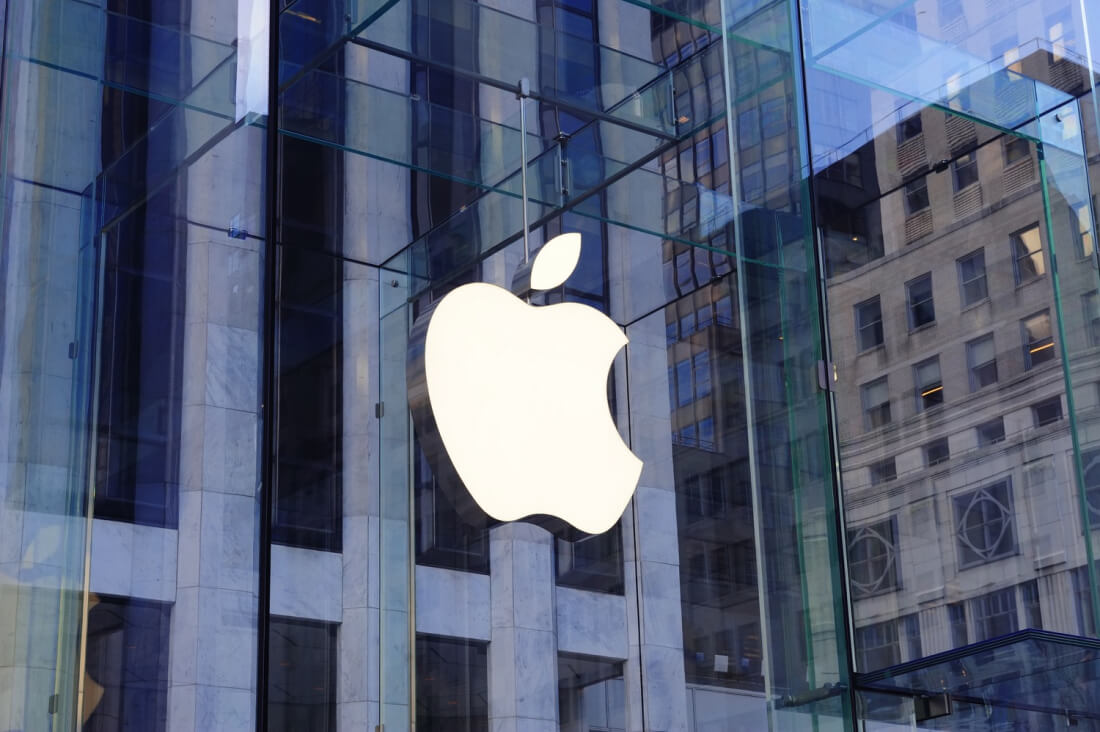In brief: Apple has long had a reputation for obstructing law enforcement, but that's far from the reality. The company responds to thousand of requests for digital evidence every year, and it's set to make the process easier through the creation of an online portal. Additionally, Cupertino is assembling a team to train police around the world in digital forensics.
The news comes via a letter from Apple General Counsel Kate Adams sent to U.S. Sen. Sheldon Whitehouse (D-R.I.). It responds to a July report from the Center for Strategic and International Studies (CSIS) on the cybersecurity needs of law enforcement agencies.
Apple famously refused to help the FBI access San Bernardino shooter Syed Rizwan Farook's iPhone in 2016. Law enforcement officials were also unhappy about the recent USB restricted mode that can protect against police hacking tools.
But Adams notes in the letter that in 2017, Apple responded to more than 14,000 requests from US law enforcement agencies related to more than 62,000 devices, accounts, or financial identifiers in the US. Additionally, it's stated that Apple trained almost 1000 officers on how to go about obtaining data from the company.
To make these requests easier to submit, which are currently done via email, Apple is introducing an online tracking and submissions tool that will be operational before the end of the year.
"Later this year, we will launch an online portal for law enforcement agencies around the world to submit lawful requests for data, track outstanding requests, and obtain responsive data from Apple," states the letter.
In addition to expanding its police-training team, Apple is creating an online module for law enforcement that mirrors the in-person training.
While the letter focuses on Apple's willingness to help law enforcement gather evidence where it's legally able to do so, there is no mention of encryption. The company emphasises it is "committed to protecting the security and privacy of users."
Apple Letter to Sen Whitehouse by on Scribd
